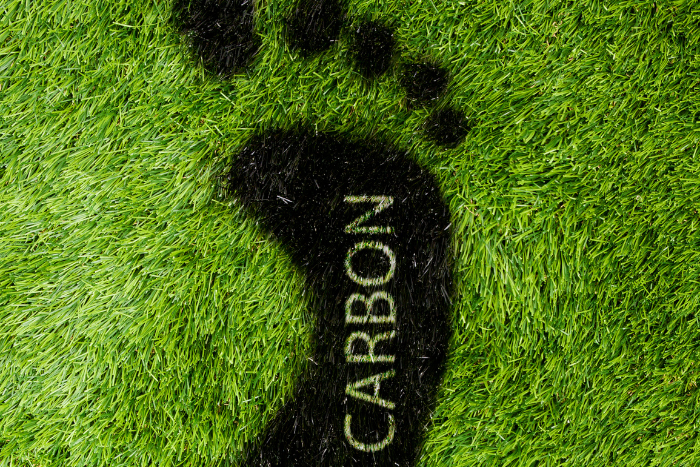This month, India wrote to the World Trade Organisation (WTO) and raised its concerns about the carbon border measures being implemented by some countries. Calling them discriminatory and protectionist, India said these rules were selectively applied to “trade-exposed industries” such as steel, chemicals and fertilisers, and reflected on the competitiveness concerns these countries may have regarding these sectors. India said that measures taken to fight climate change “should not constitute a disguised restriction on international trade”.
The US recently introduced an Inflation Reduction Act that set the rules for green industries, while the EU also has a global carbon tax on imports called the Carbon Border Adjustment System.
India finalises list of technologies eligible for carbon credit trading
The central government released a list of activities that are eligible for international trading in carbon credits under Article 6 of the Paris Agreement. Some of the activities include carbon capture and storage, renewable energy generation, solar power, off-shore wind and green hydrogen. According to sources, India has chosen these specific emerging technologies in order to attract more investments in them. India will give carbon credits to countries or companies willing to invest in these technologies. These credits can then be used for mitigation. The list is applicable for only three years and may change after that, HT reported.
UNSC not the right forum to discuss rising sea levels, say India, Russia and Brazil
The topic of rising sea levels and their implication on global peace and security was discussed at a United Nations Security Council (UNSC) meeting held this month. But India, Russia and Brazil protested saying the Council was not the platform to discuss climate change. Ruchira Kamboj, representing India at the UN Security Council meeting argued that there was little scientific evidence or correlation of the impact that climate change has on global peace and security, which was echoed by Russia.
Kamboj suggested a more appropriate forum to address this issue would be the United Nations Framework Convention on Climate Change (UNFCCC) process. Brazil’s representative João Genésio De Almeida Filho said the climate change issue doesn’t fall within the Council’s mandate.
India’s electricity regulator gives nod to separate market segment for ‘expensive’ power
The Central Electricity Regulatory Commission (CERC) approved a proposal to introduce a new spot market segment for expensive power. This segment will be for power derived from costlier oil and gas imports as well as battery storage. Power plants running on low-cost fuel will not be allowed to sell electricity under this segment, according to an order by the Indian Energy Exchange. The segment is likely to start by mid-March, before the expected rise in power demand this summer. A ceiling of Rs50 ($0.6042) per unit of electricity (kWh) has been fixed by the regulator.
US nominates Ajay Banga to take over from Malpass as World Bank president
The US nominated former MasterCard Inc chief Ajay Banga to take over as president of the World Bank. If confirmed, Banga will replace David Malpass, who stepped down from his position almost a year before his term was set to expire. He was appointed by former US president Donald Trump. Malpass created controversy because of his personal views on climate change, which clashed with the World Bank’s overall vision to tackle the issue. During an event during the UN general assembly, Malpass was asked whether he agreed to the scientific consensus on climate change. After ignoring the question, Malpass eventually replied saying he was not a scientist.
Banga will have his work cut out as the World Bank is under pressure to make climate change a focal point of its agenda. Recent research by Oxfam found 40% of the institution’s climate spending in 2020 could not be verified independently. Under Banga, MasterCard became one of the first companies to set net-zero goals under the Science Based Targets Initiative.


